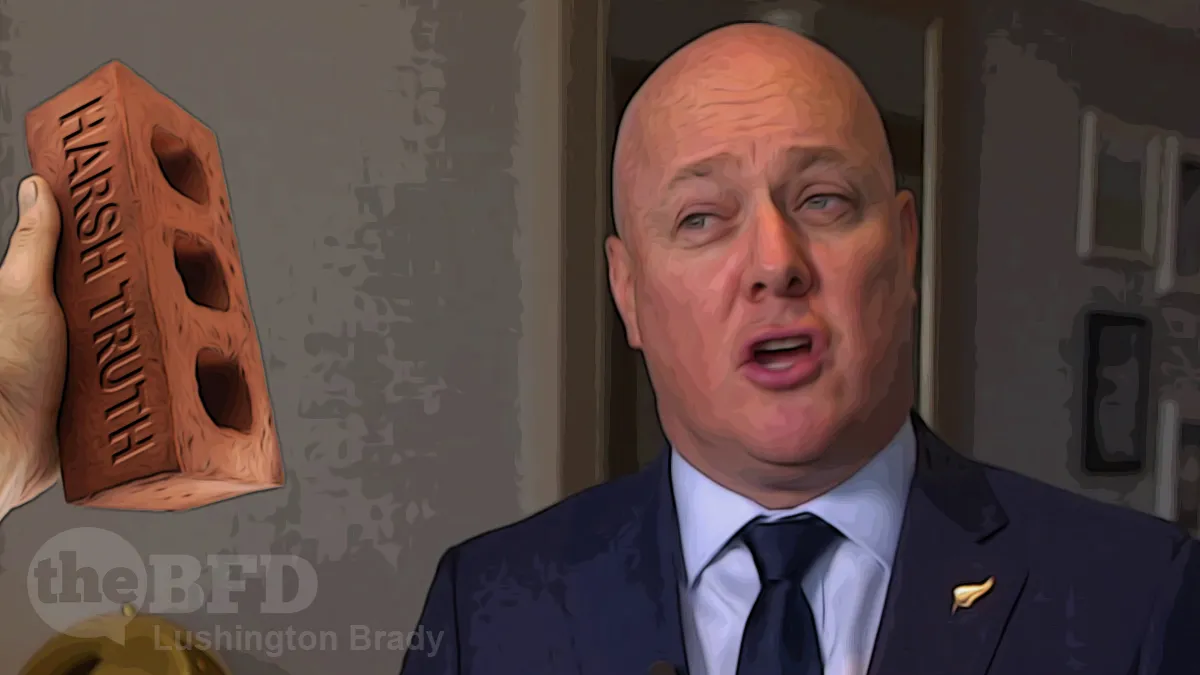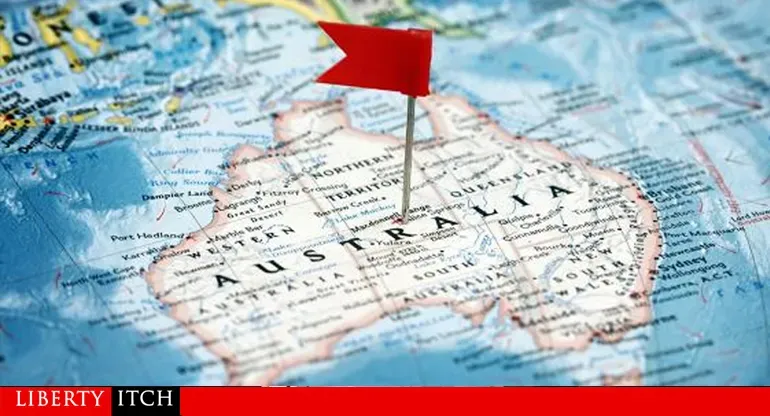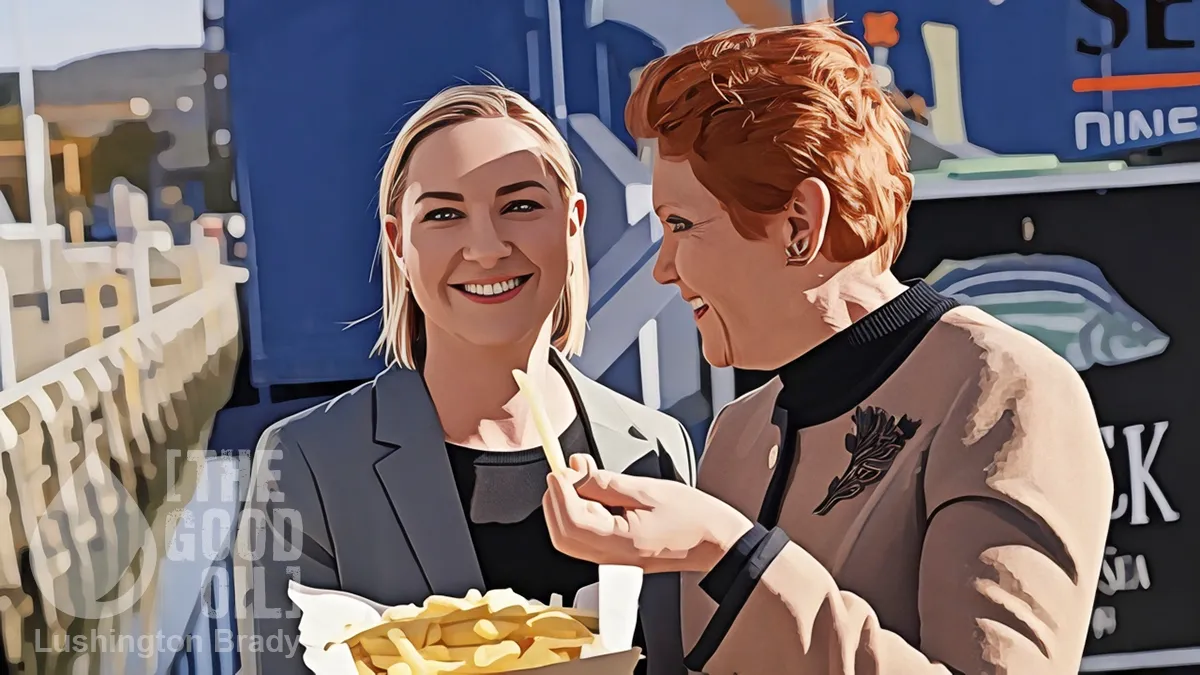Table of Contents
Tony Abbott is just one of four Liberal leaders to win government from opposition. He came within one seat of consigning Labor to just the second one-term government in Australia’s history (and beat them in a landslide at the following election). Clearly, then, he knows a thing or two about being an effective opposition. (The great tragedy was that Abbott caved to the media pack and foolishly broke an election promise, in government.) Peta Credlin, Abbott’s chief advisor, lays out some advice for Peter Dutton.
National’s Chris Luxon would be well advised to listen to what she says.
For instance: be consistent and authentic, and don’t just settle for making weak compromises with a bad government. Present a clear alternative and stick to it. For instance, on Peter Dutton’s first day as opposition leader, he re-committed to the Liberals’ once core Menzian values and declared that they would be Labor-lite.
Pick your best team and pre-select good candidates. While the old adage about getting a dog if you want a friend in politics holds true enough, an opposition leader simply can’t afford to be constantly undermined by his own shadow cabinet. Nor should factional hacks, time-servers and diversity hires be rewarded beyond their merit.
And, as Anthony Albanese found out in the worse possible way, putting unliked factional players ahead of quality local candidates can cost even the safest seats. The Nationals were the only major party to hold every seat at this election: largely because they fielded “local ‘champions’ connected to their communities”.
That goes all the way down to the rank and file party members.
They are the people who raise the money, man the booths and argue the party’s case in the community. Right now, they’re demoralised, not just by defeat, but by Liberal governments that don’t seem to stand for anything and by local party organisations that don’t take their views seriously. In this campaign, in NSW, many local Liberals were on strike because factional machinations had denied members their right to chose candidates.
Most of all, articulate clearly and consistently what you actually stand for.
Don’t chase headlines. The worst oppositions are those that operate from all points on the political compass, such as attacking the government both for spending too much and for spending too little. The best are those that develop a strong sense of what they want to do, should they win the next election, and then hold the government to account on that. Like Abbott, Dutton knows Labor’s climate change policies are bound to drive power prices up and reliability down, plus put jobs at risk, so has indicated from the outset that his emissions reduction policy won’t put pressure on jobs or cost of living […]
Take the time to think and write.
This is a big one. As every writer knows, writing is thinking. You can chase ideas around in your head till the cows come home, but it’s not until you start writing them down that the intellectual rubber hits the road. Putting things down in concrete form on paper goes a long way to spotting the flaws in your own arguments.
It’s too late to work out what you want to do as a new government on the eve of an election, or to expect the bureaucracy to tell you what to do once you’re there, because what’s the point of a change of government if ministers are merely the puppets of the public service?
In Abbott’s case, his book Battlelines, published six months ahead of the election, laid out a comprehensive philosophy of Liberal party values. Personally speaking, it also changed my mind about a politician I’d previously despised because, well, the media told me to. Abbott was then able to distill that philosophical document into pithy campaign slogans that effortlessly cut through. Not the Orwellian fluff churned out by teams of spin doctors, like “Staying apart keeps us together”.
Abbott was criticised by the haters for three-word slogans but they cut through and all of them – “stop the boats”, “axe the taxes”, “fix the budget” and “build the roads” – precisely encapsulated strong policy ideas developed by applying Liberal principles to the problems of the day. Contrast Malcolm Turnbull’s election 2016 slogan, “jobs and growth” – probably suggested by Treasury – that was completely devoid of content.
Abbott also created an actual contest with Labor, rather than following yapping in their wake and hoping that the media would like him for agreeing with them. This is the lesson the centre and right have failed to learn, time and again: the media are far-left, through and through. They will never like you. Licking their boots only encourages them to kick you harder.
Remember that the harder you work, the luckier you get […] you succeed in politics by winning arguments, not by running away from them. Support good policy and oppose bad policy but don’t try to make bad policy less bad to appease some vested interest or to pander to political correctness. Conviction is everything. The surest way to stay in opposition is to be bluffed into trying to improve what the government does, rather than stating, emphatically and frequently, how you would be different and better.
The Australian
Labor’s steadily dropping poll numbers have conned Luxon into thinking he’s doing something right. Well, perhaps in the same sense Albanese did: just be not-Scott Morrison or not-Jacinda Ardern and lazily wait for government to fall in your lap. Sure, Albanese is in government, but he’s done so with the lowest party vote in a century.
Many Australians hated Scott Morrison, but two-thirds of them refused to vote Labor, either. The major parties both haemorrhaged votes and Albanese was bloody lucky not to have to form a minority government with the Teals, and he’ll still be held to ransom by a far-left Senate. Under MMP, such a desertion of the major parties would have even more devastating consequences for whoever had the misfortune to form such a government.








